Smart Tips for a Cooler Home with Your Window AC
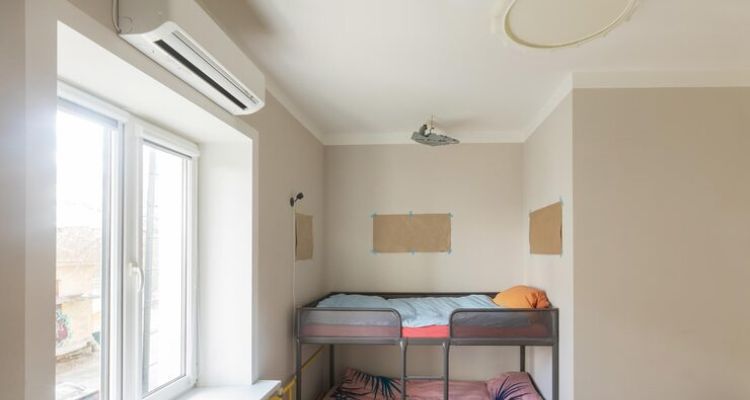
Want to get the most out of your window AC unit? Try these simple tricks to keep your home cooler and save energy:
- Block the Sun – Close curtains or blinds during the day to reduce heat indoors.
- Let in Cool Night Air – Open windows at night when temperatures drop to give your AC a break.
- Create a Cross Breeze – Open windows or doors across from each other for better airflow.
- Limit Heat-Producing Appliances – Skip the oven, try no-cook meals, or air-dry clothes instead of using the dryer.
- Sleep Lower – Since cool air sinks, resting closer to the ground helps you stay comfortable.
By following these tips, you’ll stay cooler while making your window air conditioner more efficient and cost-effective.
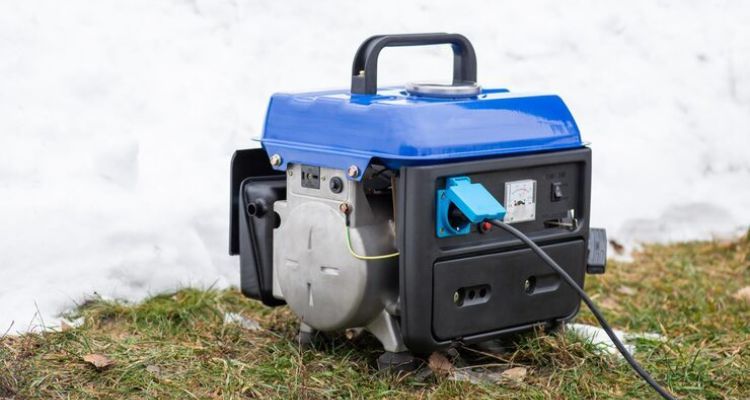
Power outages can happen unexpectedly, whether from grid failures, storms, or natural disasters. A backup generator ensures your home stays powered when you need it most. In fact, a generator can be a true lifesaver during emergencies and offers several important benefits. Benefits of a Backup Generator Stay Connected – Keep access to TV, radio, and the internet by powering devices and communication tools. Staying informed is critical during emergencies. Protect Your Food – Keep your refrigerator and freezer running so food doesn’t spoil. Maintain Comfort & Normalcy – Continue daily routines without the stress of sudden power loss. With a backup generator, you gain peace of mind knowing your home will stay connected and functional, no matter what happens outside.
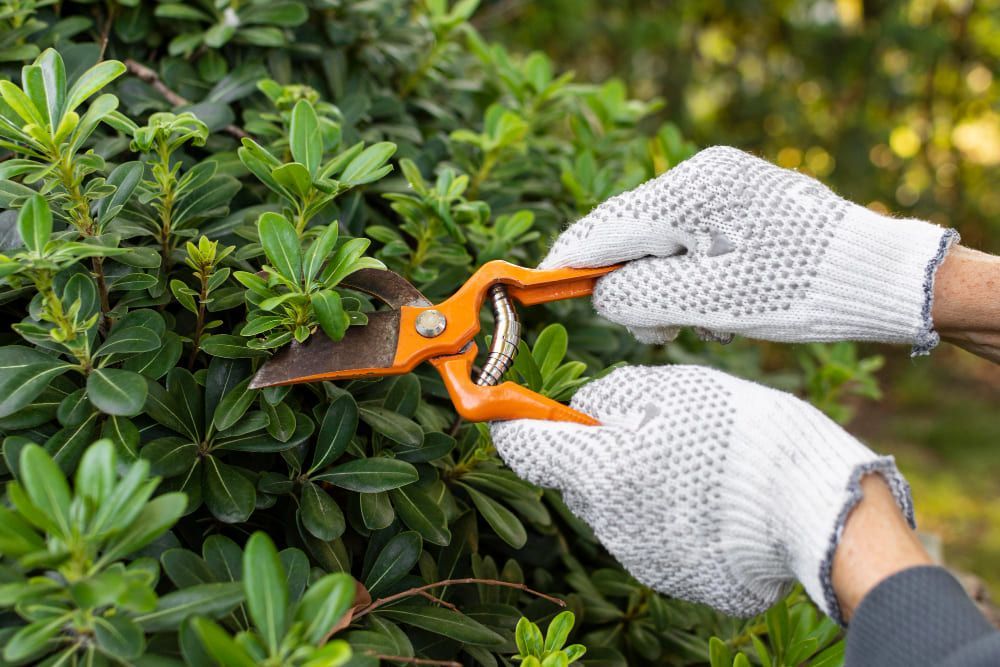
Shrubs add beauty and privacy to your yard, but they need regular care to stay healthy. Here are three simple tips: Use the Right Tools – Keep essentials like pruners, trimmers, loppers, and protective gloves on hand for safe and effective trimming. Know Your Shrubs – Different varieties require different care. Learn what type you have so you can provide the right maintenance. Get Professional Help if Needed – If shrub care feels too complicated or time-consuming, a landscaper can ensure your plants stay healthy and beautiful year-round. With these steps, your shrubs will remain a standout feature of your yard for years to come.
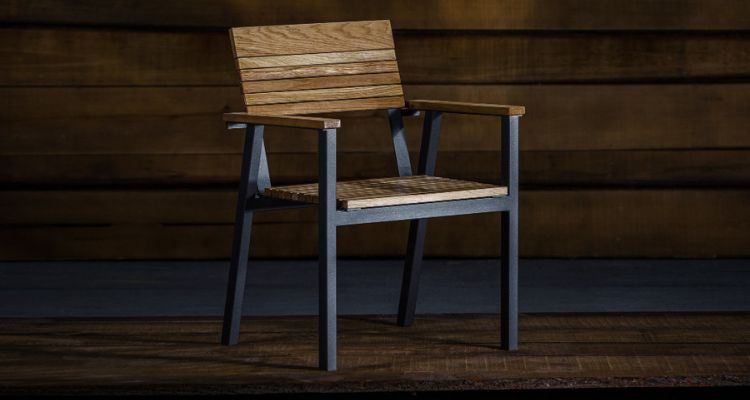
Have a chair that looks fine but feels unstable? Over time, dining chairs often loosen up and become rickety. Instead of throwing them out or taking the entire chair apart for repairs, there’s a faster fix. Drill small pilot holes and use trim-head screws to secure the bottom rung to the chair legs. This quick solution will tighten things up and make your chair sturdy again — no complicated repair process required.
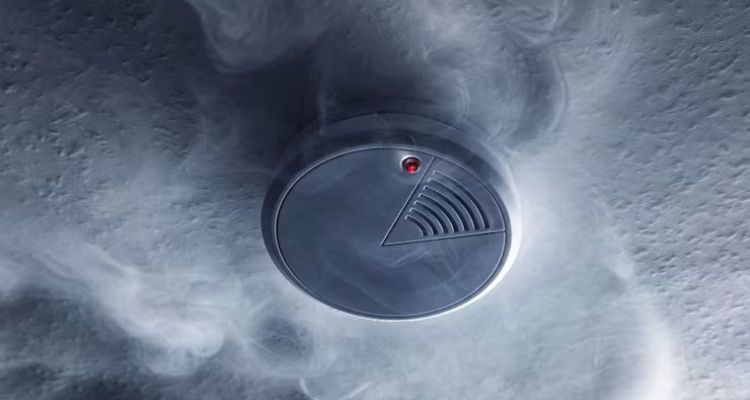
Smoke detectors play a vital role in protecting your family during a fire, but they only work if properly maintained. Follow these best practices to keep them in good condition: Test Monthly – Press the test button once a month. A chirp means it’s working. Change Batteries Annually – Replace the batteries every year, even if the test works. Spring cleaning is a good reminder. Replace if Faulty – If a new battery doesn’t restore the test tone, replace the detector. Replace Every 10 Years – Even if it still works, detectors should be swapped out every decade. Write the installation date on masking tape and stick it on the device for reference. Check for Expiration – Look for a “replace by” sticker. If there’s no date, replace the detector immediately. By following these steps, you’ll ensure your smoke detectors remain reliable — keeping your home and family safe.
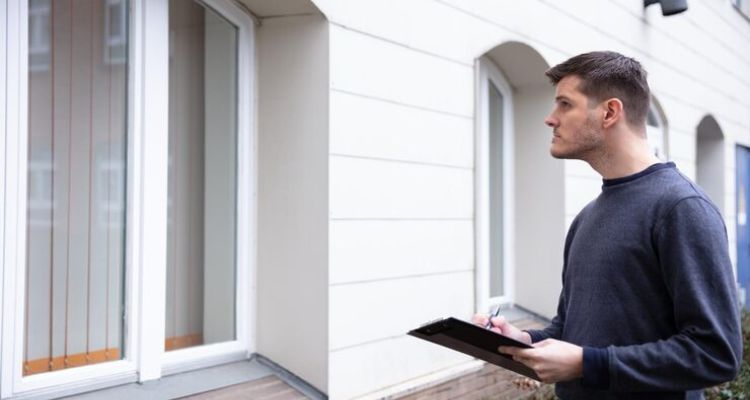
For many first-time buyers, skipping a home inspection might seem like a way to save time or money. However, an inspection is one of the most important steps in protecting both your new home and your finances. Inspectors Spot the Costly Problems Home inspectors aren’t just concerned with minor details. Their primary job is to identify big issues that could cost you thousands down the road. From water damage and foundation cracks to other structural concerns, an inspection helps uncover problems you might otherwise miss. By investing in a professional inspection, you protect yourself from unexpected repair costs and gain peace of mind. After closing, you’ll be able to enjoy your new home knowing your investment is secure.
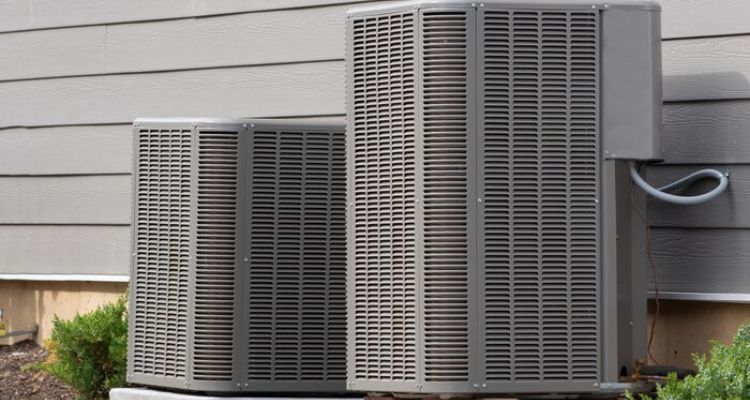
A cracked heat exchanger is never ideal, but it may not always be as dangerous as it sounds at first. If your furnace’s heat exchanger is damaged, replacement is necessary. The biggest concern with cracks is that they can allow carbon monoxide to leak into your home — and if that’s happening, the furnace should be shut down and replaced immediately. That said, not every crack automatically leads to hazardous gas leaks. Still, the safest approach is to be proactive: Schedule routine furnace inspections. Install an affordable carbon monoxide detector. Watch for warning signs such as corrosion, visible cracks, unusual odors, soot, or water pooling near the furnace. If you notice any of these signs, stop using your furnace right away and contact an HVAC professional. They can thoroughly inspect the system and confirm whether replacement is needed.



